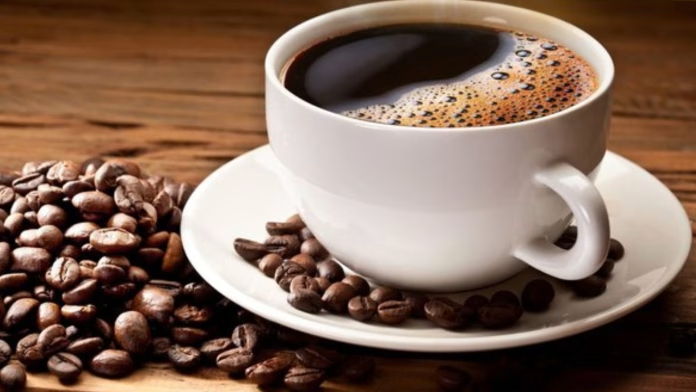Whether it’s basic staples like pulses and vegetables or luxurious gourmet delicacies, the cost of food has surged, placing a strain on consumers’ wallets and presenting a challenge for policymakers as they deliberate over interest rates, all while savoring their coffee. However, even the realm of coffee, a cherished potion that frequently acts as the dawn’s soothsayer, has joined in by securing a prime position on the pricing scale.
Get ready, coffee aficionados, as it seems your cherished cup of brew is poised to whisk you through a thrilling journey in the unpredictable realm of caffeine economics.
The rise in expenses can be attributed to a worldwide scarcity of coffee beans, primarily originating from Brazil and Vietnam, along with unanticipated rainfall impacting the quality of beans in India. This adverse scenario has resulted in a notable upswing in prices within the domestic market.
Coffee traders, who typically source top-quality beans from Chikkamagaluru in Karnataka, have commenced passing on this surge in prices to their clientele.
According to Latha Aravind, who resides in Mumbai’s Matunga, the price of standard mixed coffee grounds, a combination of Robusta and Peaberry beans, has climbed from approximately INR 580/kg to roughly INR 640 to INR 650/kg.
“Prices have shot up and may keep rising,” she said.
Rajesh Gandhi, the proprietor of Gandhi’s Coffee, a renowned coffee trading business in Pune, mentioned that he had to transfer a price increase of INR 50/kg to the final consumers. This adjustment was necessitated due to a nearly 50% escalation in the cost of Robusta beans and around a 15% increase in the price of Arabica beans.
Ajit Raichur, a coffee trader associated with Kumardhara Traders, explained that coffee prices usually undergo an annual revision in January. However, this year saw an extra increase of INR 50/kg across all available bean varieties in the month of July.
GM Dharmendra, a wholesaler dealing in green coffee (unroasted beans) and operating from Bengaluru, expressed that he has experienced a decline of 30% to 40% in his business during the recent months.
“Many small coffee retailers in the area have shut shop or they are buying poor quality beans at cheaper rates. Many customers have shifted to instant coffee,” he added.
The effects of climate change have been felt acutely in the coffee-growing area of Chikkamagaluru. Rohan Kuriyan, the manager at Balanoor Plantations and Industries, revealed that there has been a 20% reduction in yield attributed to unseasonal rainfall during the flowering period, in contrast to the yield of the previous year.
“The average cost of picking has also gone up. We ended up doing four rounds of selective harvesting instead of the usual two because of the uneven ripening of the cherries,” he added.
“With some positive news about better crop in Brazil, Arabica prices have started softening in the international markets. However, prices are expected to be a bit higher in the domestic market which is growing at double digits because of demand and less production,” Challa Srishant, MD of CCL Products (India) and member of the Coffee Board of India, said.
CCL Products, recognized for its ‘Continental’ coffee label, has increased the cost of a 200g jar from INR 280 to INR 360 over the span of a year, and there are intentions for an additional 10% rise in the upcoming quarter. Analysts within the industry have observed that the narrowing price difference between Arabica and Robusta beans has drawn consumers toward the smoother and sweeter characteristics of Arabica beans.
“For planters, operational costs have gone up – right from labour costs to fertilizer and pesticide costs. Coffee prices (Arabica) are a little lower now than they were last year but traders usually buy in bulk and therefore it appears like they are protecting their bottom line in case prices rise again,” Mahesh Shashidhar, Chairman of Karnataka Planters’ Association said.
The harvest period for Robusta beans is still half a year to seven months away, and there is an air of uncertainty surrounding the upcoming crop. Karnataka continues to be a significant contributor, accounting for 70% of India’s coffee output, while Kerala and Tamil Nadu also engage in coffee cultivation. Those involved in the industry have collectively absorbed a range of price hikes at various intervals. While price adjustments have not been implemented thus far, Amit Bhatta, the Founder of the specialty coffee brand Aeka Coffee, acknowledged that an additional 15% to 20% increase could potentially result in passing this burden onto the final consumers.





